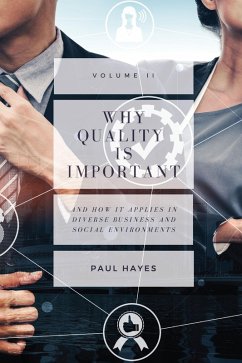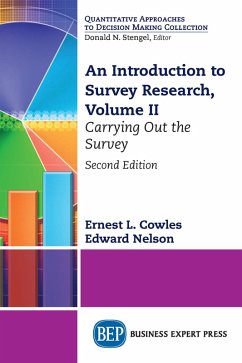Temperatism is more than a bleeding heart version of the capitalist ideal. Its purpose is to tackle key injustices and social inequality that are symptoms of the capitalist market system.
By focusing on an agenda of doing good, temperatism seeks to reduce the level of elitism and social exclusion, that capitalism claims are inevitable, by sharing access to resources and ensuring that all individuals have the opportunity to exercise their talent potential. With the world economy in flux and globalism under pressure from populist politicians finding a new way to think about business and doing good is significant at this point in history. The hurt and pain that inequality inflicts on individuals and groups in society through exclusion and neglect is in conflict with our natural sense of affinity, collaboration and our intrinsic sense of fair play and justice. The dysfunction that we are currently experiencing in our society is as a direct result of the inequality within our society.
Temperatism is based on the idea that humanity has the potential to co-operate, collaborate, assist and contribute to the greater good. The questions discussed in Volume 2 explore how replacing the profit motive with a doing good motive makes it possible to tackle some of society's biggest challenges including reducing poverty, improving access to health and education, defending human rights, and protecting the environment. Organizations with a social conscience will leave a legacy of which they can be rightly proud, shifting business from being the center of society's problems to being its savior.
Hinweis: Dieser Artikel kann nur an eine deutsche Lieferadresse ausgeliefert werden.
By focusing on an agenda of doing good, temperatism seeks to reduce the level of elitism and social exclusion, that capitalism claims are inevitable, by sharing access to resources and ensuring that all individuals have the opportunity to exercise their talent potential. With the world economy in flux and globalism under pressure from populist politicians finding a new way to think about business and doing good is significant at this point in history. The hurt and pain that inequality inflicts on individuals and groups in society through exclusion and neglect is in conflict with our natural sense of affinity, collaboration and our intrinsic sense of fair play and justice. The dysfunction that we are currently experiencing in our society is as a direct result of the inequality within our society.
Temperatism is based on the idea that humanity has the potential to co-operate, collaborate, assist and contribute to the greater good. The questions discussed in Volume 2 explore how replacing the profit motive with a doing good motive makes it possible to tackle some of society's biggest challenges including reducing poverty, improving access to health and education, defending human rights, and protecting the environment. Organizations with a social conscience will leave a legacy of which they can be rightly proud, shifting business from being the center of society's problems to being its savior.
Dieser Download kann aus rechtlichen Gründen nur mit Rechnungsadresse in A, D ausgeliefert werden.
Hinweis: Dieser Artikel kann nur an eine deutsche Lieferadresse ausgeliefert werden.









